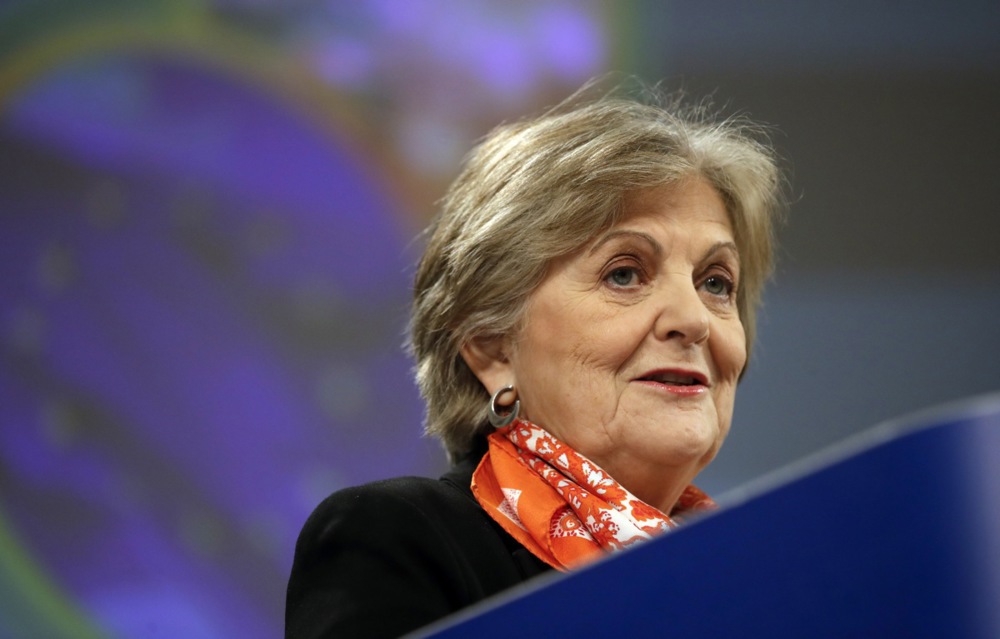Apostolos Tzitzikostas, European Commissioner for Sustainable Transport and Tourism, has met with the Spanish Minister of Transport, Óscar Puente, to discuss a €179 million fine imposed in May by the Spanish Government on five low-cost airlines.
On December 4, the Spanish Ministry of Consumer Affairs described the fine, imposed on Novemeber 22 for Ryanair, Vueling, EasyJet, Volotea and Norwegian, as “very serious”.
The Spanish Air Navigation Act obliges the free carriage of hand luggage, in apparent conflict with European Union Regulation 1008/2008, which gives airlines the freedom to set prices for such.
Airlines have reacted strongly, taking the case to court and mounting an offensive in Brussels. The Canada-based International Air Transport Association (IATA) and Brussels-based Airlines for Europe (A4E) told the EC that the Spanish regulation could violate European Union law.
In particular, they argued that the Air Navigation Law conflicted with the EU regulations, which take precedence over national laws.
For its part, the EC has yet to initiate formal infringement proceedings against Spain. Brussels has pointed out that the ‘EU Pilot’, an informal mechanism for dialogue between the Commission and member states to analyse possible breaches of EU regulations, has yet to be activated.
Conflicts such as this are not new within the EU. The European Court of Justice (ECJ) has repeatedly intervened to resolve disputes between national regulations and EU laws.
Similar cases have arisen in sectors such as telecommunications, energy, and transport, where member states have tried to preserve domestic regulations in the face of European principles such as free competition and anti-price fixing.
Tzitzikostas adopted a moderate approach, stressing the need for dialogue between all parties involved to find a solution that respected consumer rights and European single-market rules.
For his part, Puente defended the legality of the fine and the importance of protecting passengers against abusive practices.

For airlines, the economic impact of the fine is likely to be significant, especially in an industry that operates on tight margins. Any ruling could set a precedent affecting other jurisdictions seeking to regulate carry-on baggage policies.
The outcome of this dispute will be seen as key in determining the balance between national regulations and the economic freedoms enshrined in European law.
It could also set a precedent for future regulatory conflicts in the EU.
A global tech outage, which appeared to stem from a failed update between Microsoft and global cybersecurity firm CrowdStrike, disrupted operations across various sectors of Europe on Friday, including with EU airports and airlines. https://t.co/YV2INclnjA
— Brussels Signal (@brusselssignal) July 19, 2024





